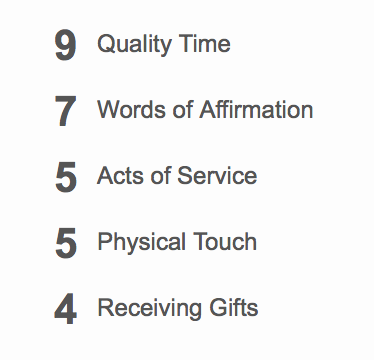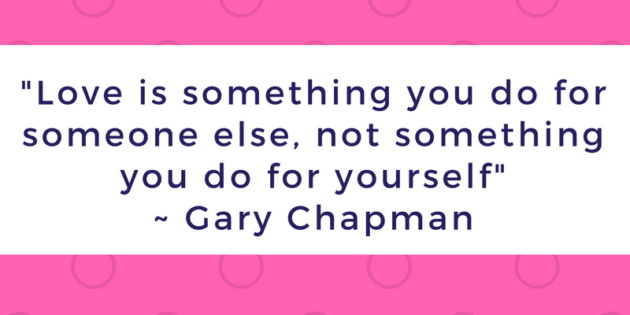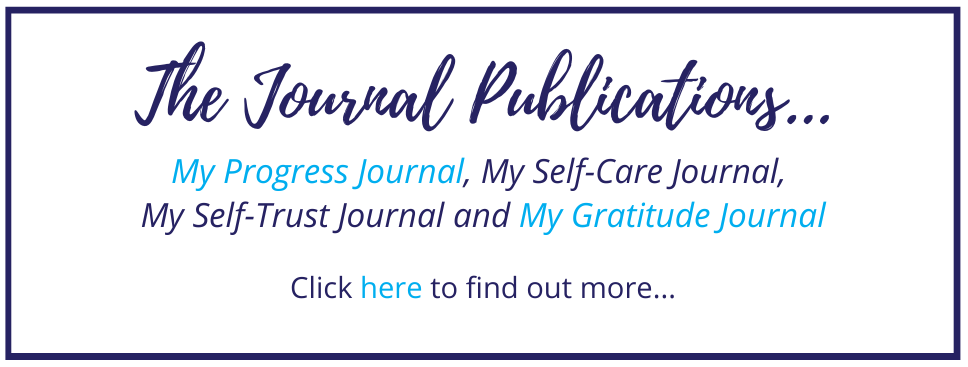Have you ever had an argument or disagreement with a friend or partner and wish they could know how you are feeling? This happened to me and also one of my clients this week. It got me wondering why can’t we take the time to build two-way, harmonious relationships and not make assumptions that other people are the same as you?
One way we can start to build relationships is by knowing other people’s love language.
The 5 Love Languages by Gary Chapman
In his book, the 5 Love Languages, Gary Chapman writes –
My conclusion after thirty years of marriage counseling is that there are basically five emotional love languages – five ways that people speak and understand emotional love. In the field of linguistics a language may have numerous dialects or variations. Similarly, within the five basic emotional love languages, there are many dialects or variations….The number of ways to express love within a love language is limited only by one’s imagination. The important thing is to speak the love language of your spouse.
The 5 love languages are words of affirmation, quality time, receiving gifts, acts of service and physical touch.
People Speak Different Love Languages…
The key to realise is people speak different love languages, so it is important to ask or identify the people who are closest to you!
The 5 love languages are self-explanatory, but here’s a brief description of what they mean:
- Words of Affirmation: Expressing verbal compliments or words of praise and appreciation.
- Quality Time: Giving someone your undivided, focused attention.
- Receiving Gifts: Giving gifts is symbol of love and affection.
- Acts of Service: Completing tasks and/or actions to show your love (e.g. cooking, washing dishes etc.).
- Physical Touch: Feeling affection through physical touch (e.g. holding hands, sex, kissing and cuddling).
What is Your Primary Love Language?
Interested in finding out what your love language is? You can ask yourself what do you most desire in your relationships or you can just do the 5 Love Languages quiz on the website to find out. Your results will look similar to the following (probably with different weightings for each love language) –

The highest score indicates your primary love language – how you really understand the expressions of love from others. It’s common to have two high scores (the highest score being 12), although one language tends to have a slight edge for most people. The lower scores in your profile indicate those languages you seldom use to communicate love and which probably don’t affect you on an emotional level in your relationships.
How Can Knowing Your Love Language Help You in Your Relationships?
As we are all different, we have different love languages. As the saying goes –
“Love is something you do for someone else, not something you do for yourself” ~ Gary Chapman.
Subsequently, if you try and use your own love language to fill up someone else’s emotional tank, conflict, hurt, lack of significance or …… (fill in your blank could occur). Conversely, if you know other people’s love language, you can –
- discuss differences without condemnation,
- discuss conflicts that can be resolved,
- learn to live in harmony with others, as well as
- bring out the best in other people whom you have relationships with.
Within my business, I also like to learn the love language of mentoring/coaching clients, so I can appreciate them and make sure they know it!
I hope this post has given you some insight in to the 5 love languages! Feel free to share your love language below or ask any questions.
Reference –
Chapman, G. (1973). The 5 Love Languages: The Secret to Love that Lasts. Chicago, USA: Northfield Publishing.

















Leave A Response